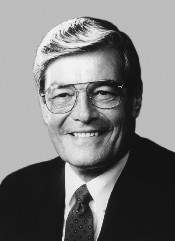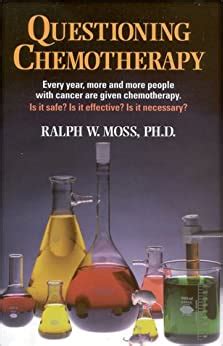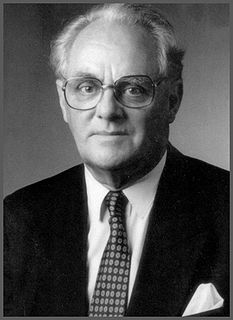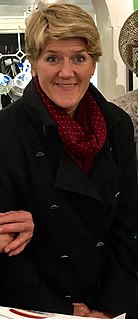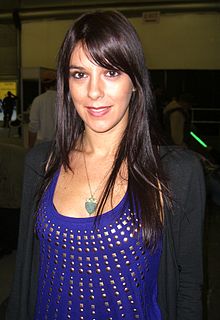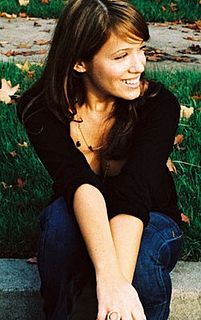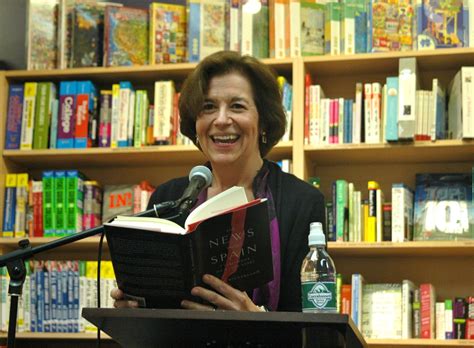A Quote by Phil Crane
Despite the fact that a predicted 350,000 persons in the US will die of cancer this year, the cancer bureaucracy keeps a closed mind. ...the basic issue is not the efficacy of Laetrile, but the infringement of freedom in what amounts to a life and death question.
Related Quotes
Kanematsu Sugiura.....took down lab books and showed me that in fact Laetrile is dramatically effective in stopping the spread of cancer. The animals were genetically programmed to get breast cancer and about 80 - 90% of them normally get spread of the cancer from the breast to the lungs which is a common route in humans, also for how people die of breast cancer, and instead when they gave the animals Laetrile by injection only 10-20% of them got lung metasteses. And these facts were verified by many people, including the pathology department.
The (Laetrile) efficacy tests...clinically in humans..(by) the US NCI...were obviously conducted so that a negative result could be formulated. The limited number and types of human cancer cases selected...the omission of necessary additional measures ('e.g dietary'), the far too short observation periods, and the undefined chemical properties of the (Laetrile)... all contributed to devaluation of...conclusions.
Despite the fact that one in every two men and one in every three women will be diagnosed with cancer in their lifetime, no one ever expects it to happen to them. I surely didn't. I was an otherwise healthy 37-year-old when I was diagnosed in 1996 with multiple myeloma, the same rare cancer Tom Brokaw has.
Incredibly, nearly 70,000 Young Adults between 15-39 are diagnosed with cancer each year. 10,000 will not survive. This is a very important stat for me, because I fall in this category. I am one of these statistics. Unlike every other age group, there has been no improvement in the 5-year survival of young adults in 30 years. That means many young adults have the same chance of getting cancer and dying from it as they did in the 1970's. This is not OK.
[On suicide:] It's the only cause of death that can be used as a noun to describe the dead person. If you die of cancer you are not called 'a cancer.' If someone else shoots you, you are not referred to as 'a murder.' But if you shoot yourself, you are labeled as a suicide. Your death becomes your definition.
The decrease in incidents of death from cancer is largely attributable to new medicines or therapeutics. Perhaps a third is attributable to changing our environment, and that includes of course smoking which I believe accounted for probably 20 percent of deaths from, certainly from lung cancer, more than that from lung cancer, but from cancer overall.
